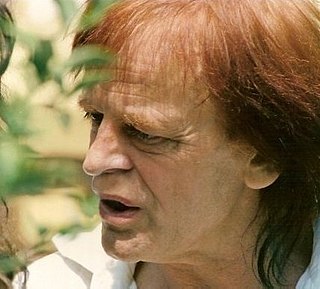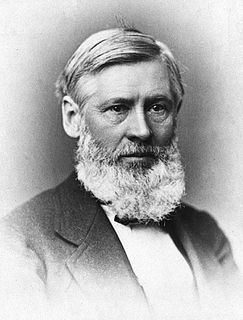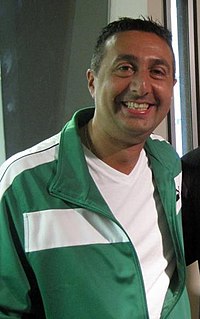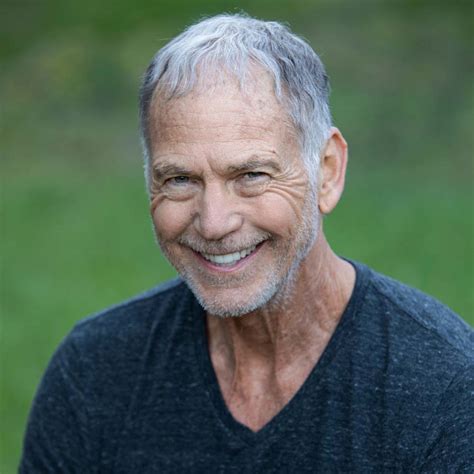A Quote by Klaus Kinski
I knew there were, in myself, the souls of millions of people who lived centuries ago; not just people but animals, plants, the elements, things, even, matter. All of these exist in me.
Related Quotes
Let's stick to the practical and the concrete: Would you like it if people lived in a virtual world? If machines were smarter than people? If, in the future, people, animals and plants were products of technology? If you don't like these ideas, then for you the computer and biological sciences clearly are dangerous.
People were so naive about plants, Ellie thought. They just chose plants for appearance, as they would choose a picture for the wall. It never occurred to them that plants were actually living things, busily performing all the living functions of respiration, ingestion, excretion, reproduction---and defense.
We always think of saints as these monks or nuns or popes or priests from centuries ago who were celibate or lived very quiet lives. Maybe we don't know a lot about a lot them but what I'm saying is the saints of the 21st century are gonna be regular people - people who've kissed other people. They're gonna be married people.
If people knew how badly animals were treated in today's factory farms, if people knew how completely confined and immobilized these creatures are for their entire lives, if people knew how severe and unrelenting is the cruelty these animals are forced to endure, there would be change. If people knew. But too many of us choose to look the other way, to keep the veil in place, to remain unconscious and caught in the cultural trance. That way we are more comfortable. That way is convenient. That way we don' t have to risk too much. This is how we keep ourselves asleep.
Femininity in general is seen as frivolous. People often say feminine people are doing 'the most,' meaning that to don a dress, heels, lipstick and big hair is artifice, fake, and a distraction. But I knew even as a teenager that my femininity was more than just adornments: they were extensions of me, enabling me to express myself and my identity.
You matter as much as the things that matter to you. And I got so backwards trying to matter to him. All this time, there were real things to care about: real, good people who care about me, and this place. It's so easy to get stuck. You just get caught in being something, being special or cool or whatever, to the point where you don't even know why you need it; you just think you do.
Femininity in general is seen as frivolous. People often say feminine people are doing “the most”, meaning that to don a dress, heels, lipstick, and big hair is artifice, fake, and a distraction. But I knew even as a teenager that my femininity was more than just adornments; they were extensions of me, enabling me to express myself and my identity. My body, my clothes, and my makeup are on purpose, just as I am on purpose.



































